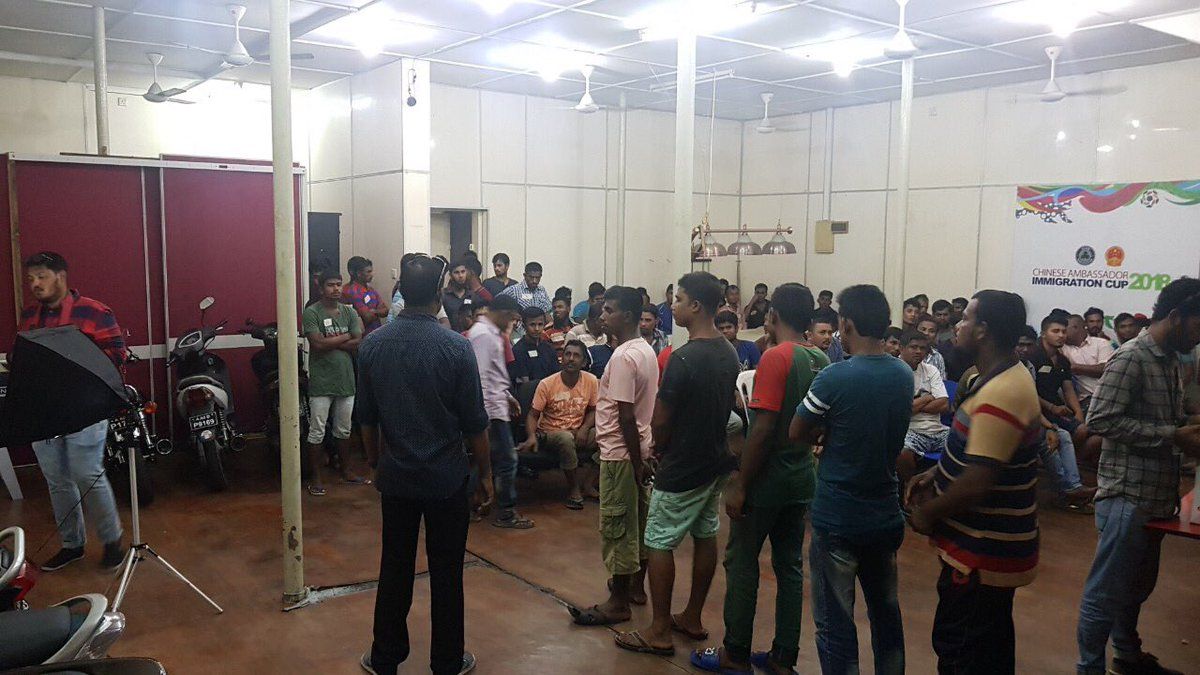Migrant worker mandate transferred to economic ministry
The immigration department will stop granting work permits and issuing quotas in March.

13 Feb 2019, 09:00
In a bid to tackle graft and fraudulent recruitment of migrant workers, the government has decided to transfer regulatory powers and services from the immigration department to the ministry of economic development.
Starting in March, the ministry will offer services related to the Xpat online system, set quotas for businesses, grant employment approvals and refund deposit fees, it was announced Monday.
The immigration department will continue issuing visas and work permits.
Implementing measures to stop corruption in the awarding of expatriate quotas is a target of President Ibrahim Mohamed Solih’s first 100 days in office.
Become a member
Get full access to our archive and personalise your experience.
Already a member?
Discussion
No comments yet. Be the first to share your thoughts!
No comments yet. Be the first to join the conversation!
Join the Conversation
Sign in to share your thoughts under an alias and take part in the discussion. Independent journalism thrives on open, respectful debate — your voice matters.




